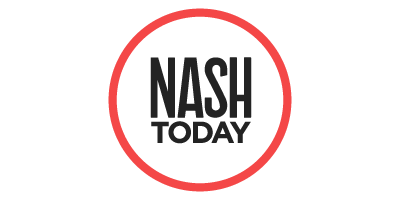What makes a music venue independent? How do they operate, and what challenges do they face? These questions and more are addressed in the newly released Nashville Independent Venues Study.
The study led by Metro Planning kicked off in early 2023, with preliminary efforts dating back even earlier. Here’s a peek into the dynamics of Nashville’s independent music scene from the 160-page report.
Key findings
- Nashville has ~252 music spaces, with 112 dedicated primarily to live music. Of the 112 venues, 24 are considered independent, and 48 venues have “some level of independent ownership.” (The study calls these “quasi-independent music venues.”)
- Music City lives up to its name. Nashville’s per capita concentration of venues is more than six times higher than New York City or Tokyo.
- More than 90% of downtown venues are non-independent, while independent venues are concentrated in East Nashville, Midtown, and South Nashville.
“It’s hard to turn a profit running a music venue, and especially an independent one,” the study reads. “A good space in a good location is critical to success and longevity/staying power. However, real estate and other costs are becoming increasingly expensive, making new venues hard to start.”
Recommendations
Drawing from qualitative and quantitative research and 39 engagement sessions, the group formulated five recommendations.
- Create a music coalition of civic leaders.
- Support venues with policy tools like an independent music venue land trust and Legacy Business designation + use land-use regulations to expand music venue space.
- Address barriers and costs of launching new independent venues by educating future operators, facilitating partnerships with real estate leaders, providing financial support, and simplifying permitting processes.
- Enhance urban mobility to better serve live music venues, workers, and patrons by improving transportation options and exploring pilot projects.
- Expand music-related investments into more genres and neighborhoods via events, marketing, funding, and policy support.
Read the full report for case studies, a timeline of Nashville’s music scene dating back to the late 1800s, and venue profiles of The Bluebird Cafe, Rudy’s Jazz Room, and seven other spaces.











